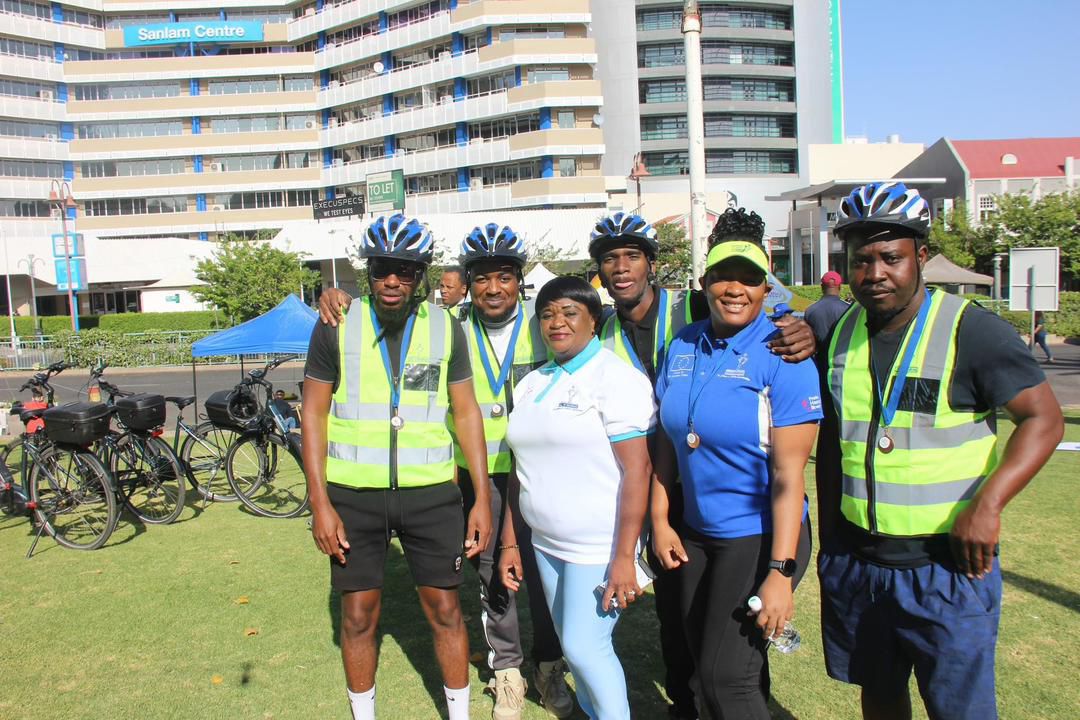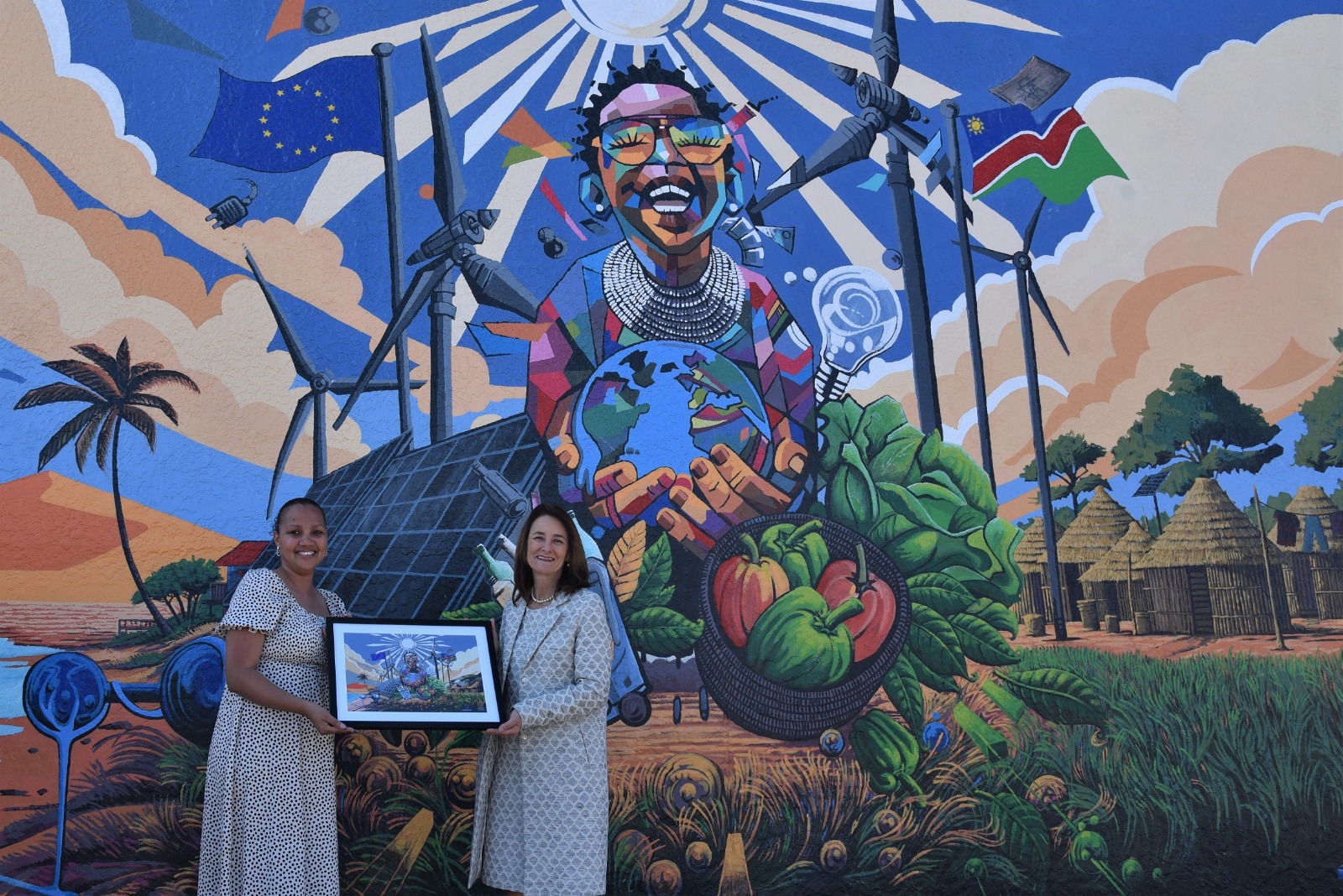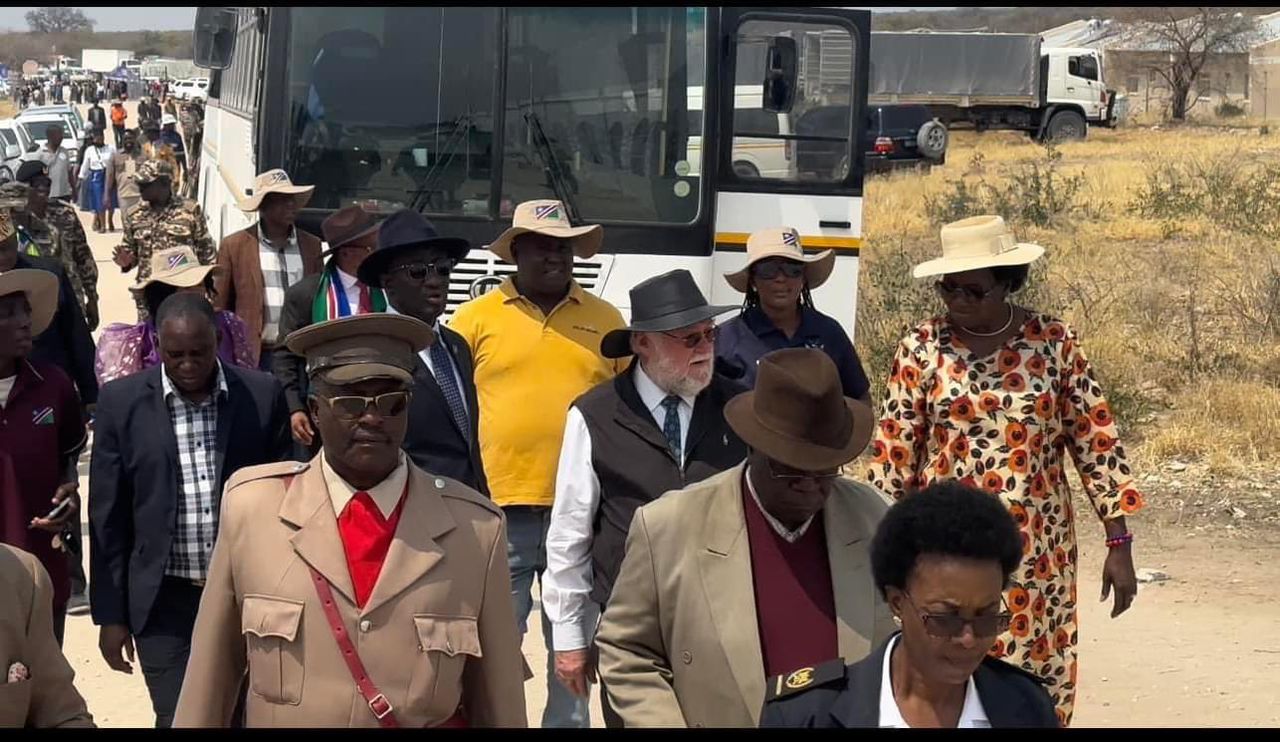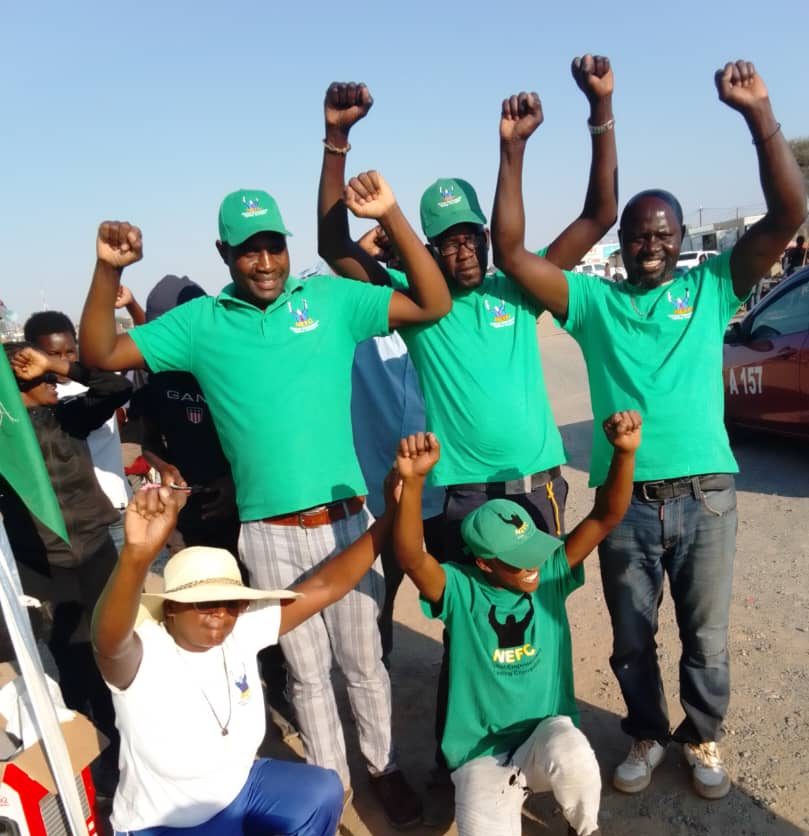BUJUMBURA — During the truce in anti-government protests, Renovat Ndayizeye was quick to try to reopen his stall in Jabe market in Burundi’s capital. He has scarcely sold a single pair of shoes since demonstrations began weeks ago, and he is getting desperate.
“I haven’t worked since the protests began, we are living on our savings, and now I have nothing,” said the 26-year-old salesperson, surrounded by others who had taken advantage of a pause in the protests to reopen their small wooden shack shops.
Some customers did turn up to shop, but only for basic necessities like rice, meat, vegetables and soap. Across the Burundian capital, business has been paralysed since demonstrators opposed to president Pierre Nkurunziza’s third term bid began street protests, leading to almost daily, violent clashes with police. For over a month, customers have deserted the market and traders have left their goods locked up in the once teeming alleys.
The consequences of the political crisis in Burundi, and the protests primarily in its capital, are dramatic for traders like Ndayizeye, but also potentially disastrous for the country’s already faltering economy.
The tiny Great Lakes nation was ravaged by a 13-year civil war that ended in 2006 and today is one of the poorest countries on the planet: gross national income per capita is US$260; 58% of the population suffers chronic malnutrition; it exports very little; produces too little to feed itself and is riddled with corruption.
Many of the demonstrations have taken place on the outskirts of Bujumbura, fuelled by poverty and unemployment. This does not prevent them from playing the economic card, erecting barricades to prevent people from reaching their workplaces in order to hit the economy and force the president to abandon a third term bid they believe is unconstitutional.
Protesters are seeking to “turn Bujumbura into a dead city,” fumed a senior official in the ruling CNDD-FDD party.
“The impact of the demonstrations on the economy is real. It is a terrible weapon.” Even before the announcement of Nkurunziza’s third term bid at the end of April, and the start of protests, the economy was suffering from a pre-election depression.
Fears of a return to large-scale violence in a country — which has a bitter history of inter-ethnic massacres — has driven people to change their Burundian francs for dollars or euros, and shelter their savings in their homes or in neighbouring Rwanda.
April tax revenues, collected mainly in Bujumbura, dropped 18%. The shortfall was worse in May which saw the closing of shops and banks, the blocking of roads into key areas of the capital and the exodus of tens of thousands of Burundians to neighbouring countries.
The dire economic situation is compounded by the effect of the political crisis on vital foreign aid, which accounts for half the national budget.
— Nampa-AFP
Stay informed with The Namibian – your source for credible journalism. Get in-depth reporting and opinions for
only N$85 a month. Invest in journalism, invest in democracy –
Subscribe Now!






